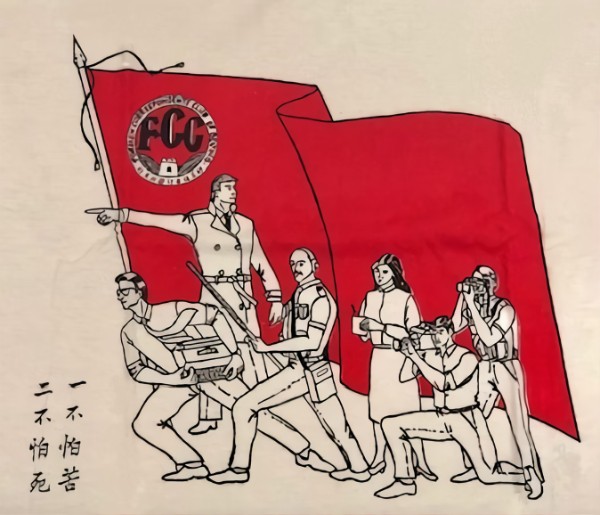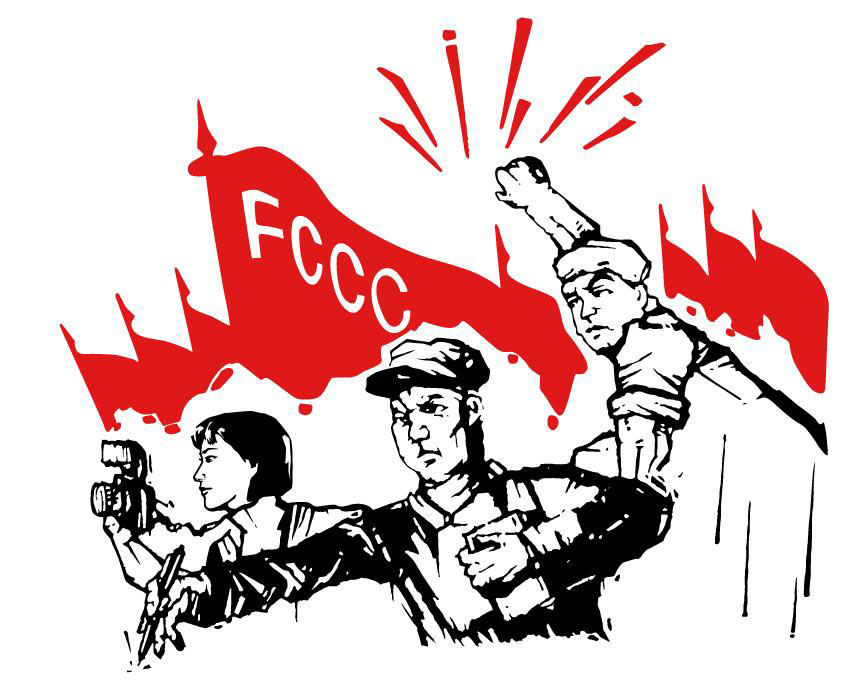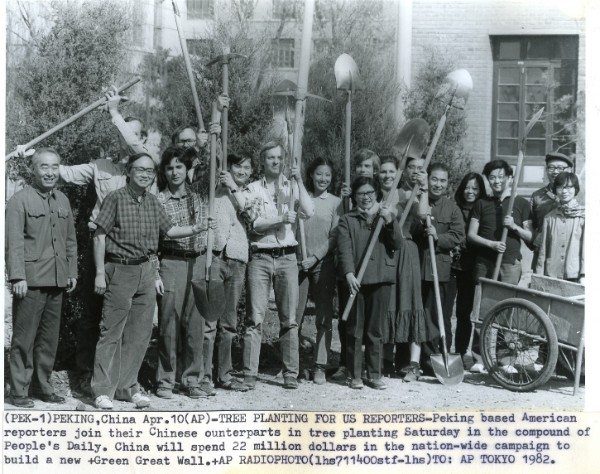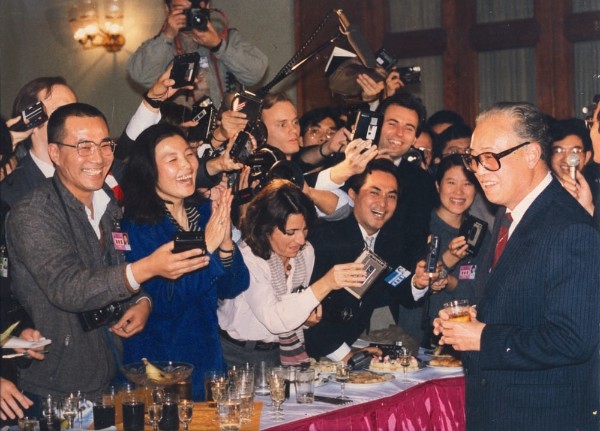Club History
The Foreign Correspondents Club of China was founded in 1981, shortly after China started to open up.
Many foreign news organizations had recently been permitted to open their first China bureau and the newly expanded press corps wanted a professional body to represent their interests, along the lines of journalist organizations in other world capitals.
Our first president was Dragoslav Rancic, a veteran Yugoslav reporter and a long-term resident of Beijing with excellent connections among the Chinese political elite.
Our goals were two-fold: to lobby the Chinese government to allow foreign reporters greater freedoms, and to provide information on how the news media worked in other countries in the hopes that China might wish to align its rules and norms with those found elsewhere, as it moved away from the isolation of the Mao era.


Initially, we were called the Foreign Correspondents Club of Beijing because foreign news outlets were only permitted to open bureaus in the Chinese capital.
In 1998 we changed our name to the Foreign Correspondents Club of China in recognition of the fact that the Beijing-only rule had been relaxed. Two years later, our sister club – the FCC Shanghai – was established.
Throughout our existence, we have lobbied for greater press freedoms in China. Our work ahead of the 2008 Beijing Olympics contributed to the formal abolition of domestic travel restrictions on foreign reporters. Until that time journalists technically needed permission or invitations from local authorities to travel outside Beijing and Shanghai. That rule, enforced in an unpredictable manner, was a constant impediment to coverage of China.
The club has endured some serious crises, starting with the life-threatening events around the protests of June 1989 and the wave of repression that followed. Over the years official tolerance of the FCCC has varied greatly. There have been periods of cooperation, as when the Club and the Foreign Ministry worked together to establish press pools for visiting world leaders in the 1980s. In those early years Foreign Ministry spokespeople would take part in Club events – just as government spokespeople do in Washington, New Delhi, Tokyo and Paris.
At other moments the Foreign Ministry has refused to acknowledge the existence of the FCCC, and officials have put pressure on club officers to close the organization down. Some club presidents have suffered what appeared to be targeted harassment, including the issuing of press cards of an unusually short duration.


At the same time, the work of the club has grown and gained in ambition over the years. We published our first annual report on media freedoms in 2005, drawing on survey responses from members. These reports have been widely read and cited from the start. Foreign embassies in Beijing raise the findings of our surveys in bilateral meetings with Chinese counterparts.
The past years have seen the club facing unprecedented challenges, including the expulsion of 18 journalists from China in 2020, and the restrictions on our work and travel imposed by the Covid-19 pandemic.
This year we celebrate the fortieth anniversary of founding. Our core values and our mission remain unchanged. The club is committed to the principle that a great power such as China deserves to be and must be covered in all its breadth and depth, so that news consumers in our home countries can understand this extraordinary country and what its rise means for the world. To that end we continue to push for greater transparency and for the freedom to do our jobs as reporters.
Here’s to another forty years…
